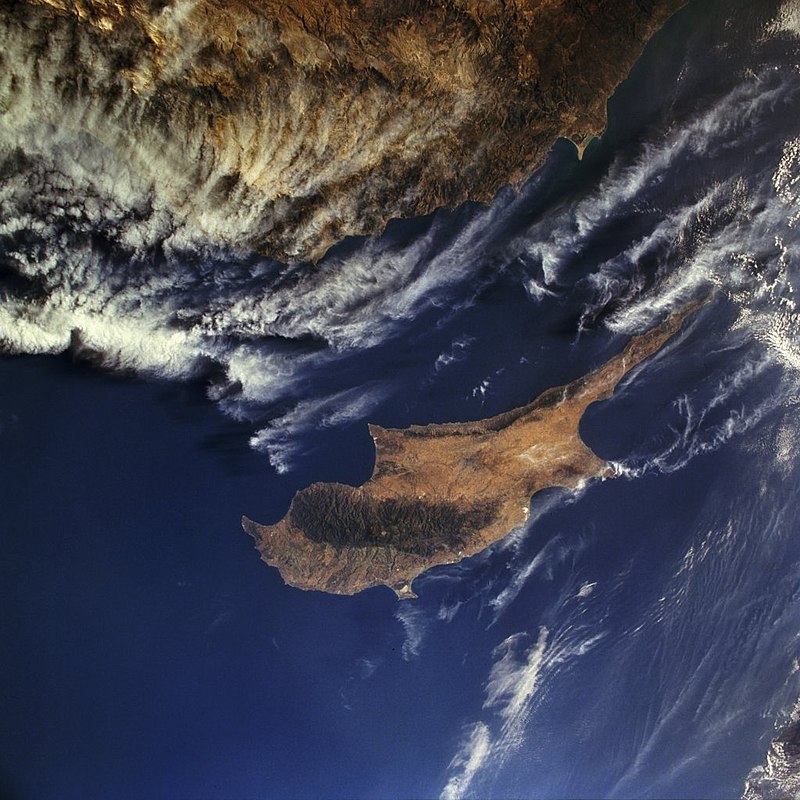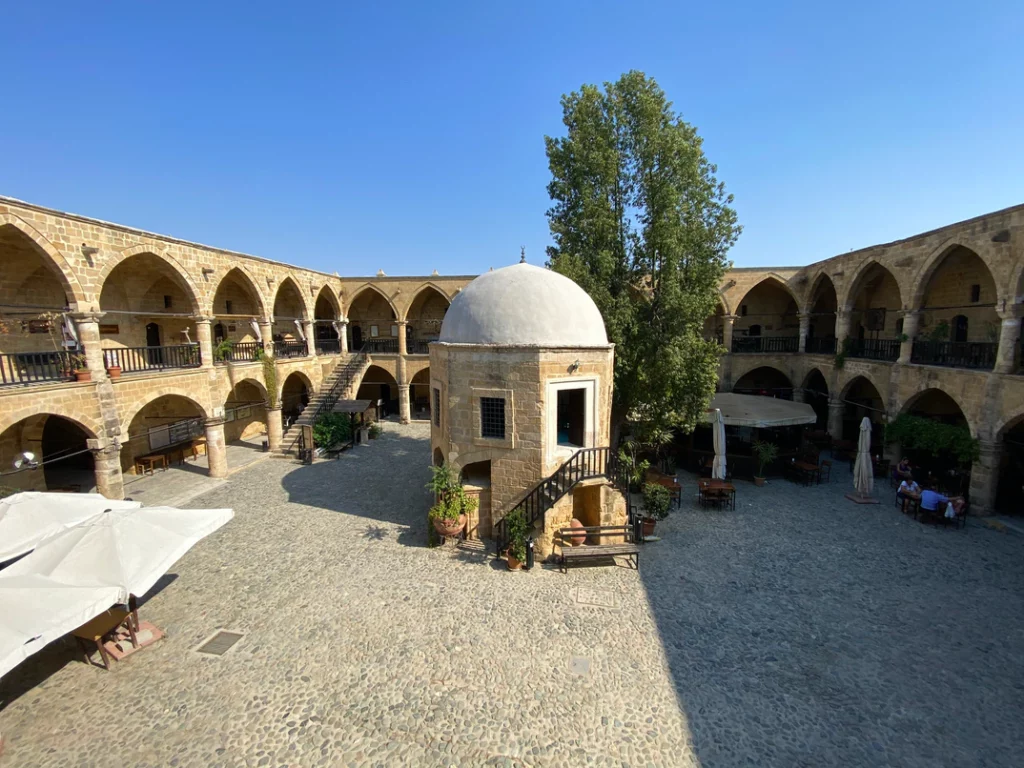
Cyprus has one of the healthiest climate in the world. However, there is one “but”: despite the small size of the island, the difference between regions is quite significant.
That’s why we picked Limassol for our prestigious villas.
Cyprus has a standard Mediterranean climate: hot summers, mild winters. Summers are normally hot and dry, winters are mostly rainy. The number of sunny days during the year is always: about 330 day per year. That means that the sun shines 11 months of the year.
In the summer months, you can hide from the heat in the Troodos mountains, where the weather is 10 degrees colder than on the coast and there is no humidity. In winter, snow falls in the Troodos mountains at an altitude of over 1000m above sea level, there is a ski center in the Cyprus mountains where you can ski from January to the end of March.
Cyprus: four seasons in one day
Cyprus is one of the few places on the globe where all four seasons can be found all in one day. In the morning you can ski on the top of the Troodos mountain range, pick oranges or mandarins from a tree which is 20 minutes away from the ski slopes in the Mesaoria Valley, then buy farm strawberries in Zygi, swim in the warm sea of Limassol and have dinner with fresh fish while watching the sunset in Paphos. Sounds great, right?
In general, the weather in Cyprus can be depicted as hot summers (May – September), warm summers (from March to May and from September to November). And a little more rainy weather from November to March.

Climate on the coastline of Cyprus
The climate of the cities on the coast (from west to east) – Paphos / Polis, Limassol, Larnaca, Ayia Napa / Protaras – practically does not have differences between each other. The humidity level is the only thing that can be more different: the south (Limassol, Larnaca) has the lower humidity, the west and the east (Paphos / Polis and Ayia Napa / Protaras / Paralimni) has the upper one.
The average daily summer temperature on the coast is + 31 … + 33C. Humidity is about 60% to 90%. It can be even higher, but it doesn’t happen too often.
Average daytime winter air temperature in winter on the coast is + 15 ° C … + 22 ° C, night temperature is + 12 ° C … + 15 ° C. Here the diurnal temperature variation is not so big as it can be in Nicosia, because on the coastline the sea warms up the air temperature at nights and cools down at daylight.

Weather in the mountains of Cyprus
The Troodos mountain district, located in the western part of the island, is the largest on Cyprus. Mount Olympus’ peak, the highest point of Cyprus, is 1952 meters above sea level. Troodos mountains contain pine forests, clean air and picturesque villages, are frescoes, churches and monasteries (some of them are in the UNESCO heritage list). The most pleasant climate is found here, with moderately hot summers and cool winters. There are also waterfalls here, ski slopes in winter, eco products, and, finally, incredibly large and sweet cherries that grow only here. Also, the cities and the sea are not too far from the Troodos mountain range.
Even on the hottest summer days, when it can be more than + 40 ° C in Nicosia, Troodos maximum temperature is + 29 ° C … + 32 ° C. In winter, it is very cold in the mountains (at least the locals think so), and from January to March there is snow and you can ski here. From November to early April, the night temperature is close to zero C., during the midday it can be from + 5 ° C to + 15 ° C.

The use of solar energy in Cyprus
Solar heaters are installed on the roofs of almost all housing in Cyprus, both private and commercial. Even in winter, the water heats up to 60°C on sunny days. Cyprus is one of the five leading countries in the use of solar heaters (after Barbados, Austria, Greece and Israel).
We have built our villas using the latest thermal insulation and the proper dew point calculation, all this will help save electricity for cooling or heating and prevent indoor condensation and further mold formation in your home.
Not very pleasant climatic features of the island are sandstorms in Cyprus and earthquakes. Sandstorms usually come to the island in late winter and early spring. Air masses bring sand and dust from North Africa and the Arabian Peninsula, and this yellow cloud stays in the air for several days. On the coast the concentration of dust is less than in the center of the island, and dissipates faster.
But in Nicosia the dust storms are the strongest. Israelis and Arabs, neighbors of Cyprus, call this phenomenon (from the Arabic “hamsi” – 50), because it lasts about 50 days.
Fortunately, “50 days” is more of a poetic metaphor, and dust usually comes in for 2-3 days and goes away with the change of weather. Our villas are built with an excellent air conditioning system, so you will hardly notice it.
Cyprus shakes slightly several times a year. The epicenter is usually somewhere in the sea. The earthquakes in Cyprus are so weak that if you don’t read the news, you won’t notice them. Nevertheless, in order to feel calm, our villas are well-built as the construction of houses should be done with the basic principles of earthquake resistance.
